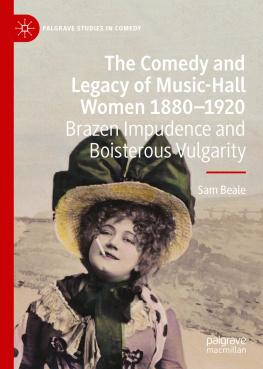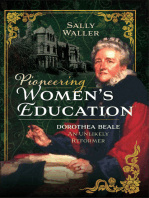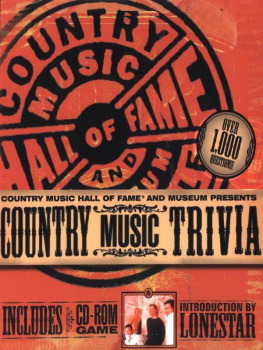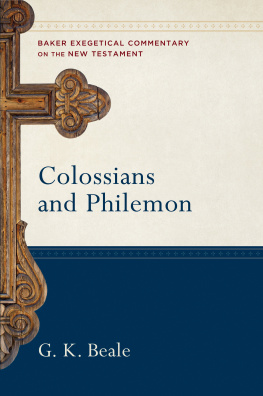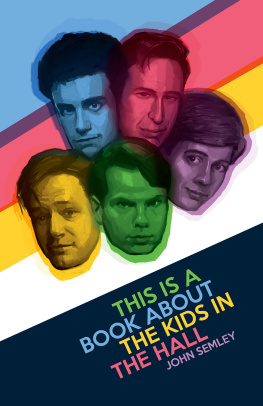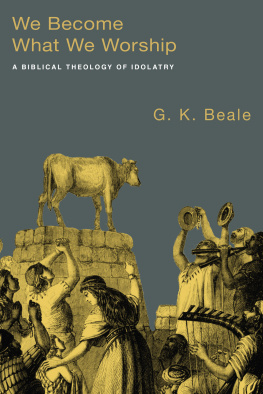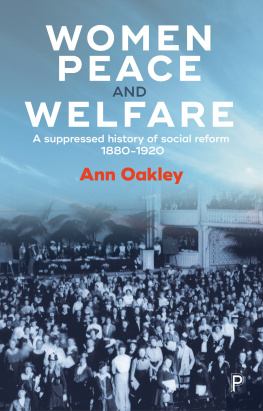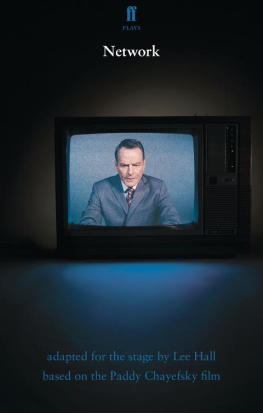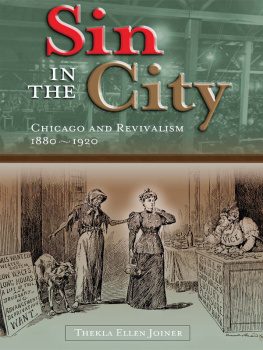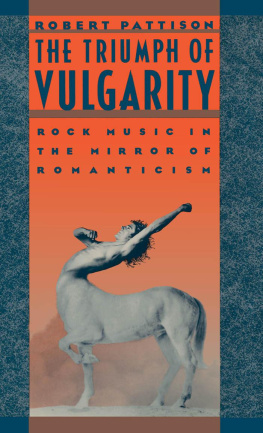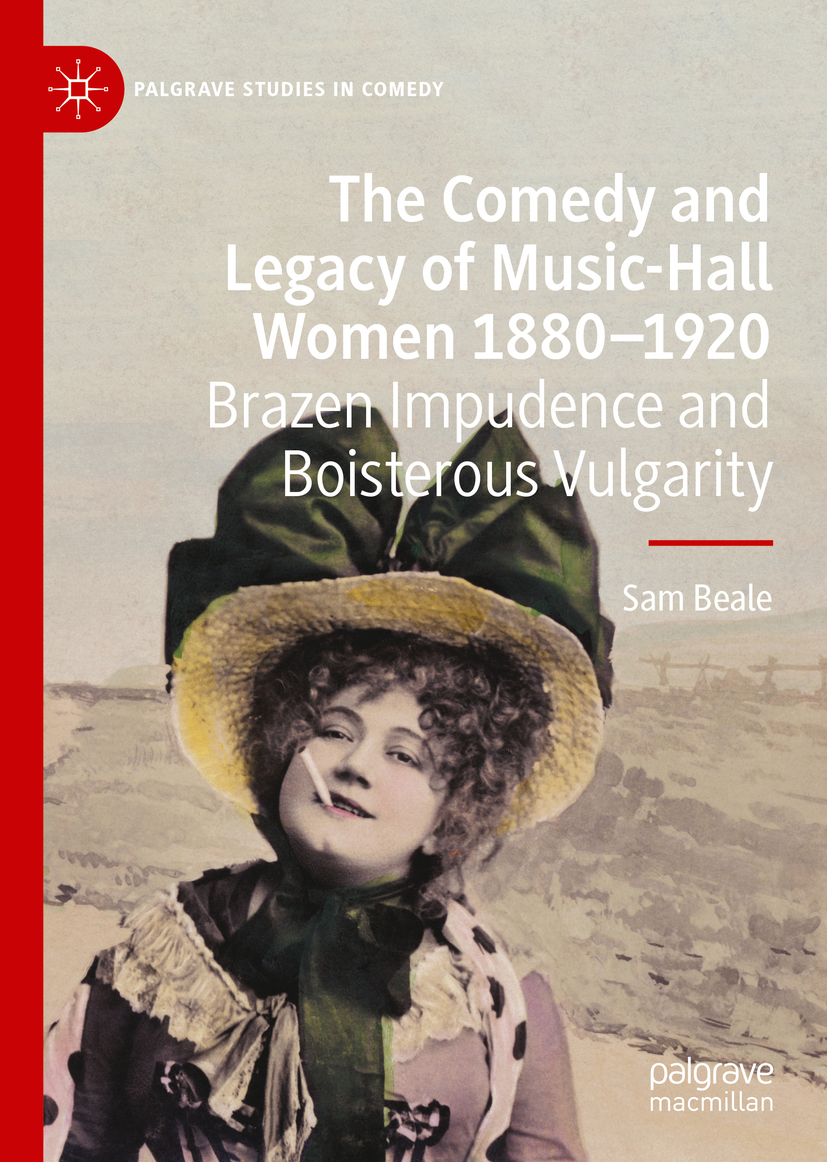Palgrave Studies in Comedy
Series Editors
Roger Sabin
University of the Arts London, London, UK
Sharon Lockyer
Brunel University, London, UK
Comedy is part of the cultural landscape as never before, as older manifestations such as performance (stand-up, plays, etc.), film and TV have been joined by an online industry, pioneered by YouTube and social media. This innovative new book series will help define the emerging comedy studies field, offering fresh perspectives on the comedy studies phenomenon, and opening up new avenues for discussion. The focus is 'pop cultural', and will emphasize vaudeville, stand-up, variety, comedy film, TV sit-coms, and digital comedy. It will welcome studies of politics, history, aesthetics, production, distribution, and reception, as well as work that explores international perspectives and the digital realm. Above all it will be pioneering there is no competition in the publishing world at this point in time.
More information about this series at http://www.palgrave.com/gp/series/14644
Sam Beale
The Comedy and Legacy of Music-Hall Women 18801920
Brazen Impudence and Boisterous Vulgarity
1st ed. 2020
Sam Beale
Middlesex University, Hendon, UK
Palgrave Studies in Comedy
ISBN 978-3-030-47940-4 e-ISBN 978-3-030-47941-1
https://doi.org/10.1007/978-3-030-47941-1
The Editor(s) (if applicable) and The Author(s), under exclusive license to Springer Nature Switzerland AG 2020
This work is subject to copyright. All rights are solely and exclusively licensed by the Publisher, whether the whole or part of the material is concerned, specifically the rights of translation, reprinting, reuse of illustrations, recitation, broadcasting, reproduction on microfilms or in any other physical way, and transmission or information storage and retrieval, electronic adaptation, computer software, or by similar or dissimilar methodology now known or hereafter developed.
The use of general descriptive names, registered names, trademarks, service marks, etc. in this publication does not imply, even in the absence of a specific statement, that such names are exempt from the relevant protective laws and regulations and therefore free for general use.
The publisher, the authors and the editors are safe to assume that the advice and information in this book are believed to be true and accurate at the date of publication. Neither the publisher nor the authors or the editors give a warranty, expressed or implied, with respect to the material contained herein or for any errors or omissions that may have been made. The publisher remains neutral with regard to jurisdictional claims in published maps and institutional affiliations.
Cover illustration: thislife pictures / Alamy Stock PhotoCover design: eStudioCalamar
Cover design: eStudioCalamar
This Palgrave Macmillan imprint is published by the registered company Springer Nature Switzerland AG.
The registered company address is: Gewerbestrasse 11, 6330 Cham, Switzerland
Foreword
It is notoriously difficult to describe the nuance and temper of a past cultural moment. Despite our best efforts as historians, we look back with little comprehension of the ramifying, intangible implications of past performances. This is particularly true where we have a monolithic, brightly coloured notional understanding of a performance category: the denomination music hall tends always to obliterate any descriptive precision about and analytical scrutiny of the entertainment it denotes. Music hall in Britain was, arguably, at least partly responsible for its own fate in this respect, having set out to historicise itself in order to exploit nostalgia for its own past, advertising old-time music hall as a performance genre quite early in the twentieth century, possibly before half the audience had realised there was anything old-time about it. Some performersone might cite Hetty King, who appeared on stage doing her trademark male impersonation act during eight decadespassed without a break from headlining on modern variety bills to participating in touring shows whose selling point was the good old days. Consequently, historians have found it remarkably difficult to shake the appeal of the reified image thus engraved upon the national memory; the incisive, well-grounded critical engagements with the acts and the materials of popular performers from the late nineteenth century are still extremely hard to find.
And as one might expect, this is particularly true of the performances of women on the halls. The explosive expansion of the new platforms for singing and comedy in the middle of Victorias reign gave many women a unique opportunity for self-supporting employment through their comic and musical talents, in a time when work for women was overwhelmingly ill-paid and socially degraded. But popular history has formed a picture of what they did that is confined to jaded impressions of garters and sauciness, of winkles and champagne. This book sets out to disrupt the hard boundaries of that caricature by seeking to understand their acts by means of comparison to modern comic performance, as well as contextualising them within precise, fully documented historical analysis. It presents the women whose work it scrutinises within the contested mores of their own times, and also as performers who were an active and creative part of a tradition, using and developing comic techniques which are still important tools in womens humour today. In a clear, engaging and above all an enlightening way, it moves the field on several significant steps.
Professor Emerita and Honorary Fellow
Royal Holloway University
London
April 2020
Jacky Bratton
List of Songs Referenced
Bellwood, B.
Herbert, W. and Bellwood, B. (1885) Wotcher Ria or What Cheer Ria. London: Hopwood & Crew.
Tabrar, J. (1885) Hes Going To Marry Mary Anne. London: Francis Bros. & Day.
Wincott, H. (1890) All Thro Sticking To A Soldier. London: B. Mocata & Co.
(no author recorded) (1895) The Old Woman & The New. (no publisher recorded)
Chevalier, A.
Chevalier, C. (c. 1891/92) The Future Mrs Awkins. London: Reynolds & Co.
Chevalier, C. and Ingle, C. (1892) My Old Dutch. London: Reynolds & Co.
Collins, L.
Morton, R. and Asher, A.A. (1891) Ta-ra-ra-Boom-de-ay. London: Charles Sheard & Co. (Original version for Tuxedo Girls written by Sayers, H.J.)

